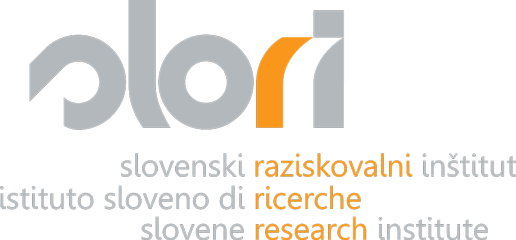Commissioned research project
Project commissioned by: the Valentin Vodnik Slovene Cultural Association in the municipality of Dolina (Italy)
Project fulfilment: the Slovene Research Institute (SLORI)
Project management: Dr Maja Smotlak
Project implementation period: June – December 2018
This research is an integral part of the project entitled Te skupne stezice (These common paths), which was selected at the extraordinary call for tenders issued by the Friuli Venezia Giulia Autonomous Region for the implementation of a comprehensive programme aimed at promoting and enhancing the use of the Slovene language (article 7 of Regional Law 25/2017).
The research had two goals. First, it sought to establish the impact that Slovenia’s accession to the Schengen area in 2007 has had on the lives of people living in the area in question in the last 11 years. Second, it aimed to explore new opportunities and the untapped potential arising from the abolition of border controls on the Slovene-Italian border. Data for this qualitative research was collected through interviews and direct contact with the local population. A snowball method was adopted, based on face-to-face interviews. Interviewees varied in age, level of education, occupation and place of living. Interviews were carried out between July and September 2018.
In 2018, research results were published in a volume entitled The abolition of border controls on the Slovene-Italian border eleven years on. The publication was presented to the public on the premises of the Vodnik Cultural Association in the village of Dolina.
